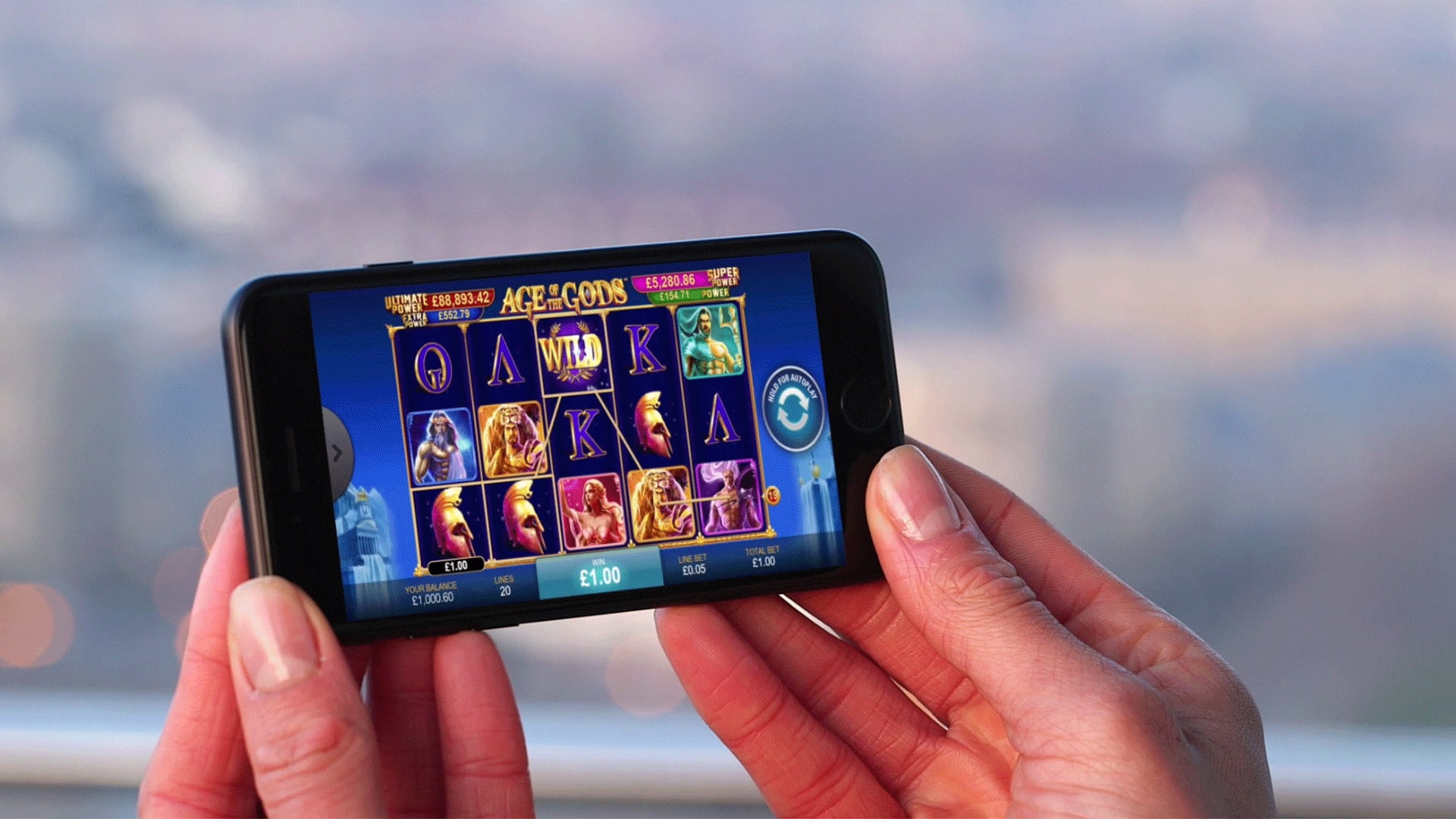In the last two decades, online gaming has evolved from a niche pastime into a global phenomenon, connecting millions of players around the world. From casual games on mobile phones to competitive multiplayer battles, the variety of online games available today is staggering RAJA189 LOGIN. What began as simple text-based adventures or arcade games has grown into an immersive industry, with games offering cutting-edge graphics, sophisticated storylines, and complex player interactions. But what is it about playing games online that attracts so many people? Let’s explore the allure and the benefits of online gaming.
A Social Experience Like No Other
One of the key aspects of playing games online is the ability to interact with others in real-time. Multiplayer games allow people to team up or compete against others, fostering a sense of community and camaraderie. Whether it’s collaborating with friends in a strategy game, battling opponents in an esports tournament, or simply chatting while completing quests, the social component of online gaming creates a shared experience that extends beyond geographical boundaries. For many, it’s not just about playing the game—it’s about the connections made and the relationships built with fellow gamers.
Platforms such as Steam, Xbox Live, PlayStation Network, and Discord have made it easier than ever to connect with friends, join communities, and participate in gaming events. This sense of community is particularly important for people who may not have opportunities for social interaction in their offline lives. Online games have become a social lifeline for individuals seeking both connection and entertainment.
Cognitive Benefits of Online Gaming
While often seen as a source of entertainment, online gaming can also offer several cognitive benefits. Research suggests that gaming can enhance various mental skills, such as problem-solving, critical thinking, and multitasking. Games like puzzles, strategy games, and simulations challenge players to think strategically, make decisions under pressure, and plan their next moves—all of which translate into improved real-world problem-solving abilities.
Moreover, online gaming can sharpen reflexes and reaction times. Fast-paced action games that require quick thinking and even quicker reflexes improve hand-eye coordination and multitasking skills. The ability to process large amounts of information in a short period of time is another transferable skill honed through gaming.
Stress Relief and Emotional Well-being
Gaming can be a great way to unwind after a long day. Many players find that the immersive nature of games provides an escape from the stresses of everyday life. Whether it’s losing yourself in a fantasy world or competing in an intense sports match, online games can serve as a mental break, providing a much-needed distraction and emotional release.
Furthermore, the achievement-oriented nature of many games gives players a sense of accomplishment. Winning a tough match or achieving a difficult goal can boost self-esteem and contribute to emotional well-being. These small successes in the gaming world can translate to improved mood and a sense of personal achievement in real life.
The Rise of Esports and Professional Gaming
Over the years, online gaming has evolved into a professional industry, with esports tournaments offering players the chance to make a living from their skills. Esports has become a multi-billion-dollar industry, attracting millions of viewers to events like the League of Legends World Championship or The International for Dota 2. These competitions bring together the best players in the world, who compete for massive cash prizes, sponsorship deals, and fame within the gaming community.
Professional gaming has also paved the way for careers in game development, streaming, content creation, and more. Platforms like Twitch and YouTube have made it possible for gamers to build careers through streaming their gameplay, creating tutorials, or producing gaming content for fans around the world.
